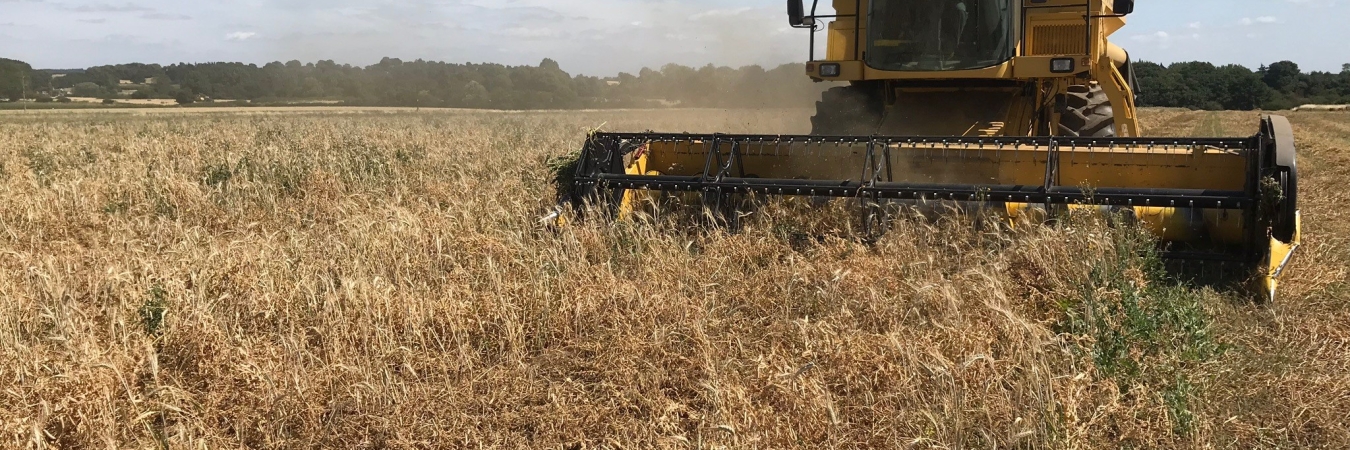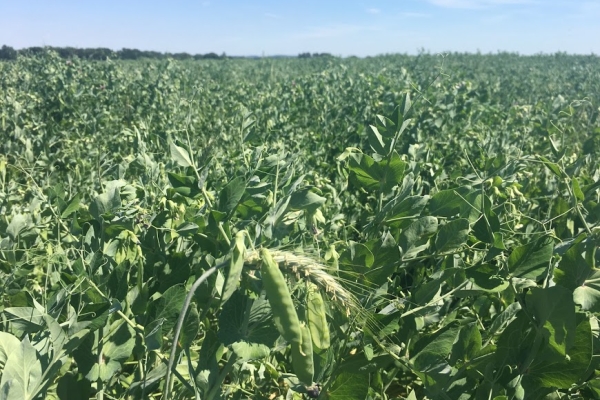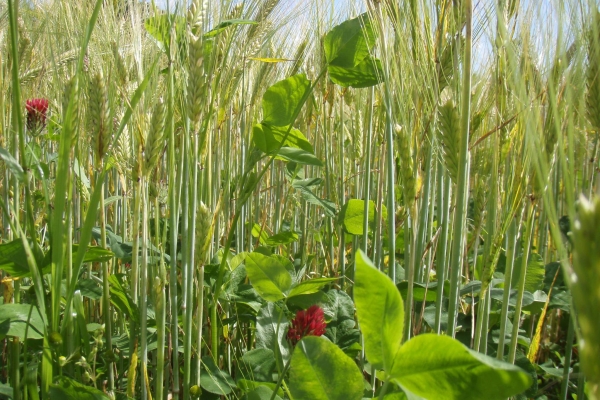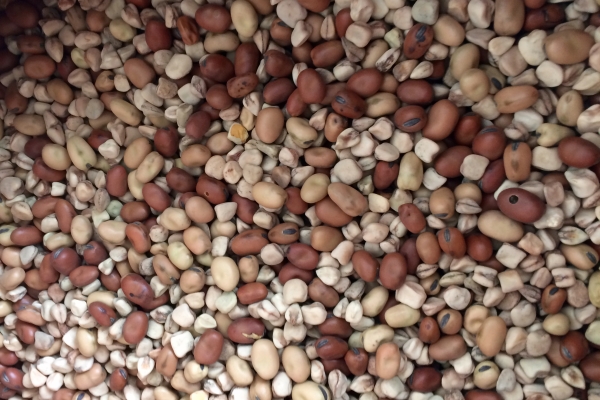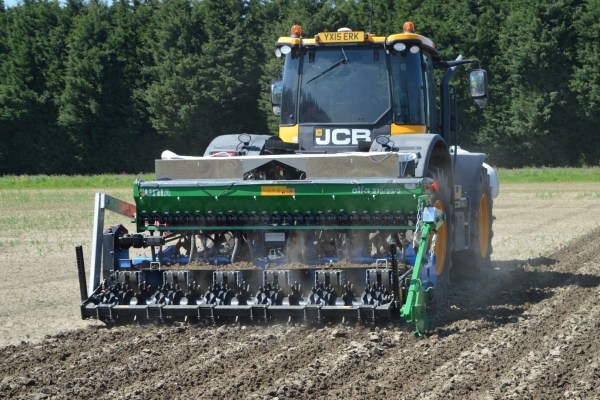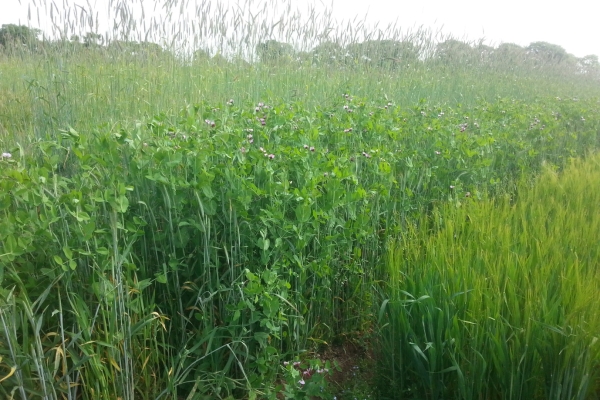DIVERSify Guide for Farmers and Agronomists
InfoHub
Resource explained
The DIVERSify Guide for Farmers and Agronomists or InfoHub is part of the Horizon 2020 DIVERSify project which aims to optimise the performance of crop species mixtures or ‘plant teams’ to improve yield stability, reduce pest and disease damage, and enhance stress resilience in agricultural systems. It summarises key results from the intercropping research carried out, focussing on 3 ‘areas of interest’ which have their own webpages: 1) agronomy, 2) resilience and ecosystem services, and 3) practical experiences and innovation. Each is divided into 5 key topics; when you first land on the page you get a snapshot of an explanation of the topic along with an image or/ and video and the option to ‘learn more’ by accessing a factsheet prepared by the project consortium exploring the topic; synthesising outcomes and including information on experiments and trials and research results and considerations.
Findings & recommendations
- Adapting existing drilling, harvesting and seed cleaning equipment could provide solutions to some of the practical challenges of intercropping.
- To improve mixed cropping performance in relation to suppressing weeds whilst supporting high crop yields, focus on building your knowledge of relationships between local weed flora and soil fertilisation practices, optimal spacing between crops, and crop cultivar characteristics.
- A significant reduction of nitrogen (N) fertiliser can be achieved per unit area by intercropping; lowering the risk of underground water pollution due to nitric N leaching, and maintaining or improving the protein content of a cereal crop.
- Balancing legume and grass species and varieties with complementarities in traits will help you achieve the best results from diverse grassland mixtures.
- Intercropping plant species that show differences in water uptake depths can reduce competition for water and lead to a more efficient use of available water sources, buffering climate change effects.
- Plant teams offer great potential for storing carbon on farmlands, providing a way to quickly scale up the EU’s ambition for obtaining climate neutrality by 2050.
- Intercropping can potentially improve business resilience through opening up new market opportunities. Farmers more adept at adapting cropping systems are well placed to grasp opportunities of changing trends.
Photo credit: Mark Lea
